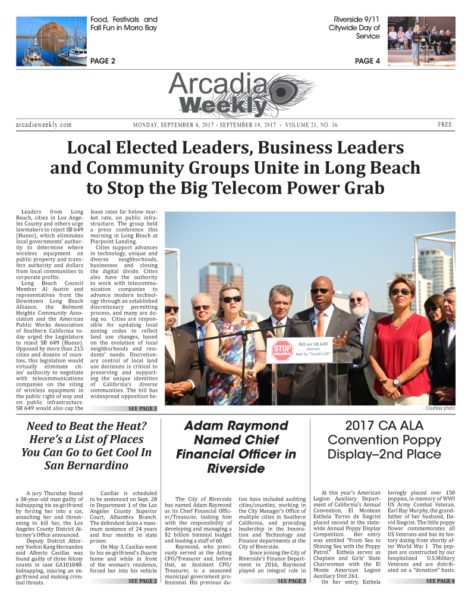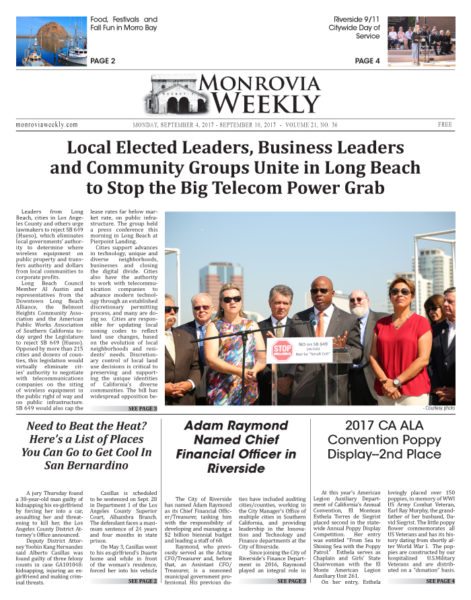
By Emmy Hernandez
The congressional arguments over the future of Medicaid funding have ended – for now – but the prospect has rattled many, including the families that I serve. Medicaid is the nation’s largest long-term care insurer, relieving the financial burden for more than just the poor and elderly. It is also a lifeline for people with disabilities. Medicaid pays for nursing home and sometimes even in-home care for many solvent families. This last sentence can catch folks off-guard.
Due to Medicaid planning, the practice of gifting wealth to family members or shielding it within a trust, middle and high net worth people have qualified for government assistance as low-income recipients. This strategy is currently legal, but it’s not foolproof. Both financially disadvantaged people and those who can afford the legal fees to help them fit through loopholes are sharing the same boat.
Thus, the recent healthcare debate was watched by all.
Given that Medicaid isn’t legally required to pay for dementia-related or in-home care, some current programs would likely have been cut – and very well may be in the future. These services can be extremely expensive and as we’ve become longer lived, more people are requiring extra attention. Even if the legislature doesn’t revisit Obamacare repeal, some states may not be able to sustain the full range of public healthcare services after paying out for the baby boomer generation. This is a real concern.
The odds of ‘someone like me’ needing intensive assistance is growing greater. The Health and Human Services Department estimates that 52 % of people now turning 65 will need nursing home care at some point. They also predict 27 % of us will need professional, sustained care for up to two years. Another 14 % will need it for five years or more.
Now let’s add one unfortunate final statistic: $83,000 is the average annual cost in California for a shared room in a nursing home – $108,000 for a private space.
The desire to leave one’s financial legacy to the next generation is understandable. No one wants to see their lifetime of hard work parceled out to pay for late-in-life medical bills. This is why some game the system. However, there are other options. For those who can afford the belt tightening, purchasing a personal long-term-care insurance policy is a responsible route to address the uncertainties leading up to what is certain.
Timing can be key. The cost of long-term care insurance rises with each passing birthday. According to the American Association for Long-Term Care Insurance, the purchase price increases between 2 and 4% per year while we’re in in our 50s. In our 60s, a 6 to 8 % jump is standard. For this reason, a little more than half of all long-term care policy holders made their purchase while they’re between 55 and 64 years old.
My advice is that people should begin their healthcare planning early. Take the time to determine the extent of coverage you’ll need or want – then adjust those expectations by what’s affordable. Those Golden Years can indeed be so and they’re not very far off. The federal safety net is becoming frayed for a whole host of reasons. Government assistance is no longer assured. The American spirit is one of independence – but independence is contingent on planning ahead and taking personal responsibility.
Securities and Advisory Services offered through National Planning Corp. (NPC), member FINRA/SIPC, a Registered Investment Advisor. EH Financial Group, Inc. and NPC are separate and unrelated companies.




